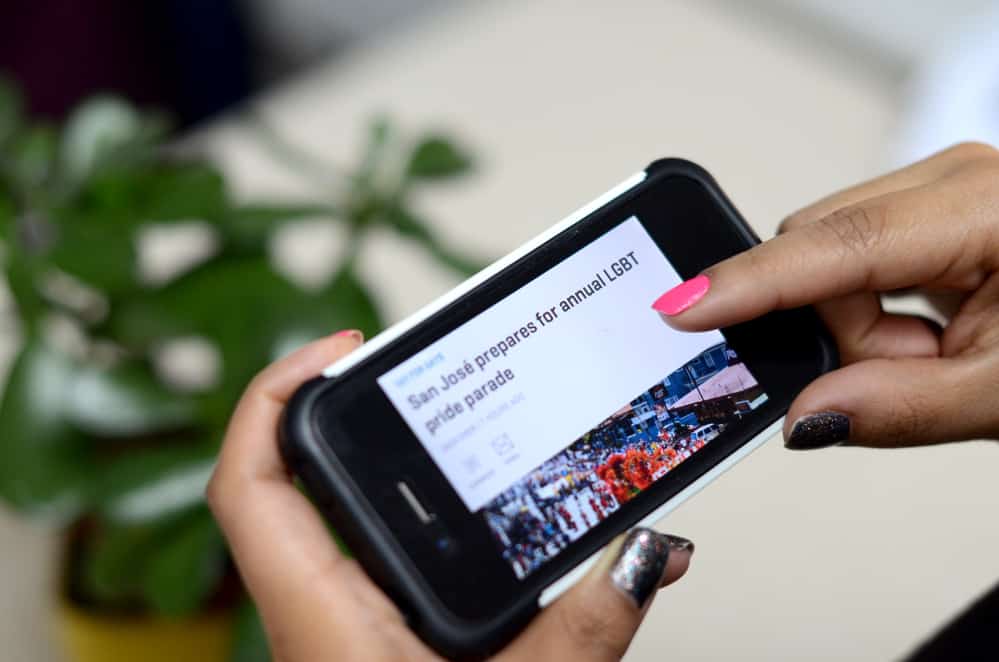PANAMA CITY, Panama — Facebook was at the VII Summit of the Americas this week looking for partners to increase free Internet access in Latin America, a region where more than 50 percent of the population does not have access to the web.
Javier Olivan, Vice President of Growth and Analytics at Facebook, told AFP that through free access to different services online, the company aims to increase its presence in Latin America, where 53 percent of the population is not online.
“We are at the Summit to join the conversation about how to bring connectivity to more than half of the Latin American population and to show that by bringing people online we can boost development,” Olivan, of Spanish nationality, explained.
To achieve that goal, Facebook launched a tool called internet.org which allows mobile phone users free access to basic Internet services such as Wikipedia, and information about weather, health, education and employment.
The application was launched in Colombia in January; it started operating in Guatemala in April; and it was officially launched in Panama on Thursday.
Read all The Tico Times’ coverage of the VII Summit of the Americas
Facebook founder and CEO, Mark Zuckerberg, was in Panama this week to meet with Latin American leaders. He was scheduled to meet Friday and Saturday with Mexican President Enrique Peña Nieto, Brazilian President Dilma Rousseff and Argentine President Cristina Fernández to discuss the introduction of the initiative in their respective countries.
Olivan explained that the goal is to bring the app to every Latin American country, although that depends on agreements with local telephone operators to integrate the program and on conversations with the governments to see which services are of interest.
The app has allowed seven million people in developing countries to access the Internet, he said.
Studies show that two thirds of the global population does not have access to the Internet and 94 percent of them live in developing countries.
“When you look at the barriers to connectivity, you think that it is because the people live in regions where there is no communication infrastructure,” Olivan said. “But data suggest that 90 percent of the global population live in areas where there is telephone coverage,” which would allow people to connect to the Internet through an app like internet.org






